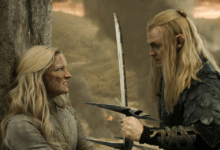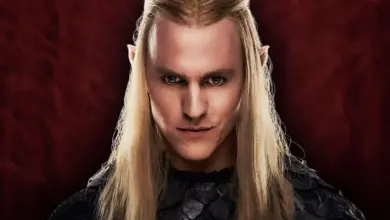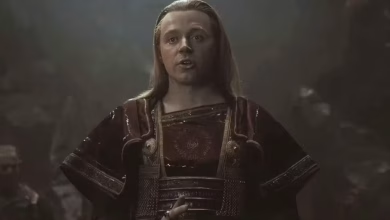Sauron Wasn’t the True Lord of the Rings – It Was Actually
Sauron was the ultimate evil in The Lord of the Rings, but he diluted his power and left himself exposed to an even greater threat.
Considered by many to be the best trilogy in history, The Lord of the Rings has captivated both readers and viewers for decades. That’s not a surprise, given the iconic characters and the universal themes that J.R.R. Tolkien incorporated. Peter Jackson then successfully built upon that foundation by perfectly encapsulating the spirit of Tolkien’s work with his film adaptations, even if they snubbed some characters. Long story short, between the books and the films, The Lord of the Rings fandom is filled with many long-time and diehard fans.
Most of those fans have read Tolkien’s works countless times or watched the films more times than they could remember. As such, they know the material backward and forward. Yet, a fresh read-through or watching the movies for the umpteenth time can still provide new questions. It’s sometimes the simplest queries that produce the most unexpected revelations. For example, it’s worth considering whether Sauron was actually the true Lord of the Rings.
Sauron’s Own Creation Made Him Weaker
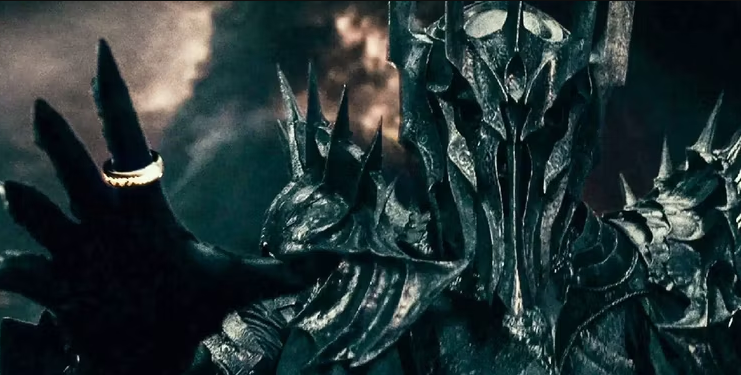
While Sauron was the Dark Lord during The Lord of the Rings trilogy, there was something else far worse. One might think of Morgoth and his armies as more evil than Sauron, but he ruled and fell during the First Age, and this evil was present during the Third Age. The vilest thing in The Lord of the Rings was also the most important thing in Tolkien’s trilogy — the One Ring. As outlandish as it sounds, there’s reason to believe that what Tolkien called the “Ruling Ring” was even Sauron’s master.
Sauron forged the One Ring thousands of years before the main trilogy, and he poured all of his anger, malice and deceit into it. Additionally, a great deal of his own power went into its creation, which inadvertently contributed to his downfall when the ring came into Frodo’s possession. Becoming like a totem, the ring focused Sauron’s power as he attempted to gain sway over all the other ring-bearers in Middle-earth. However, given everything Sauron poured into the One Ring during its creation, he diluted his own power and became subservient to his own golden totem. Thus, it wasn’t Sauron’s power that created the Nazgûl and corrupted the Dwarf Lords — it was the power in the Ring.
The One Ring Held Sway Over Sauron
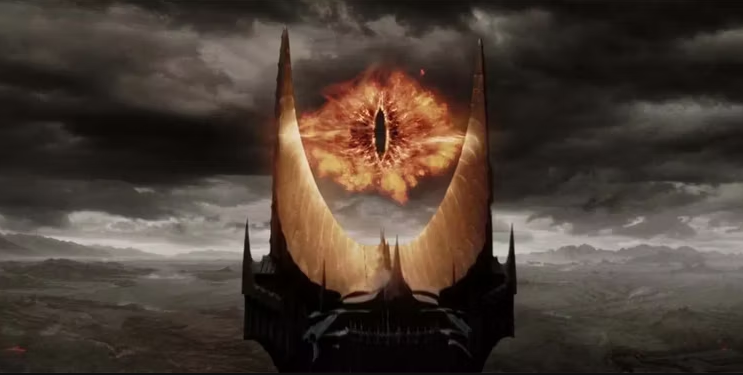
Sauron’s subservience became clear when he twice tried to take over Middle-earth during the Second Age. The first time ended with the sinking of Númenor. When he rebuilt himself, he had to rely on the power stored inside the Ring, and it made him awful to look upon. Later, during the War of the Last Alliance, Sauron lost his Ring to Isildur, and his subservience became more apparent. Even though Sauron created the One Ring from his own power, he could no longer access it on his own, which is why it took so long for him to rebuild.
During the events of the Third Age, Sauron was obsessed with finding his Ring, probably more so than conquering Middle-earth. Of course, the former would lead to the latter, but what Sauron really wanted was to regain the power enveloped in his Ring. He couldn’t bear the thought of someone else using his power against him, and that was because the ring itself held sway over him in the same way it did Smeagol and later Bilbo.
Of course, it wouldn’t be wrong to call Sauron the Lord of the Rings, but it’s important to note how the One Ring held sway over Sauron in an almost sentient way. He was captivated by the prospect of regaining his power and achieving domination, just like everyone else who was tempted by the ring. Thus, the true power in The Lord of the Rings was actually the Ruling Ring because it held sway over the other rings and corrupted everything, even its creator.

